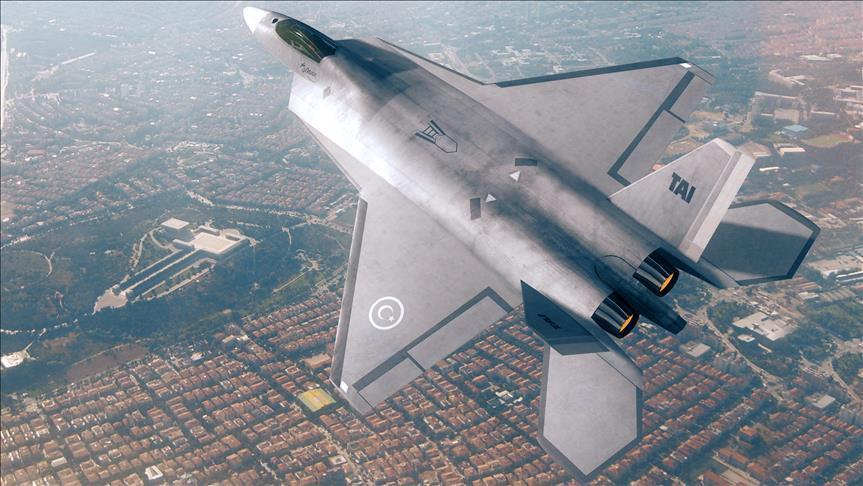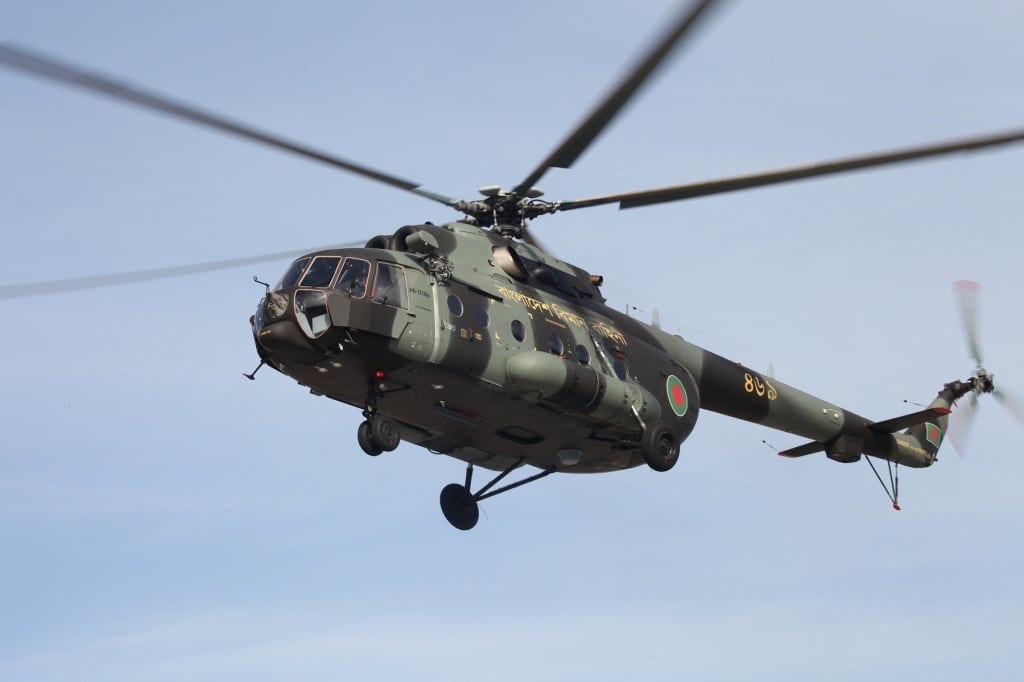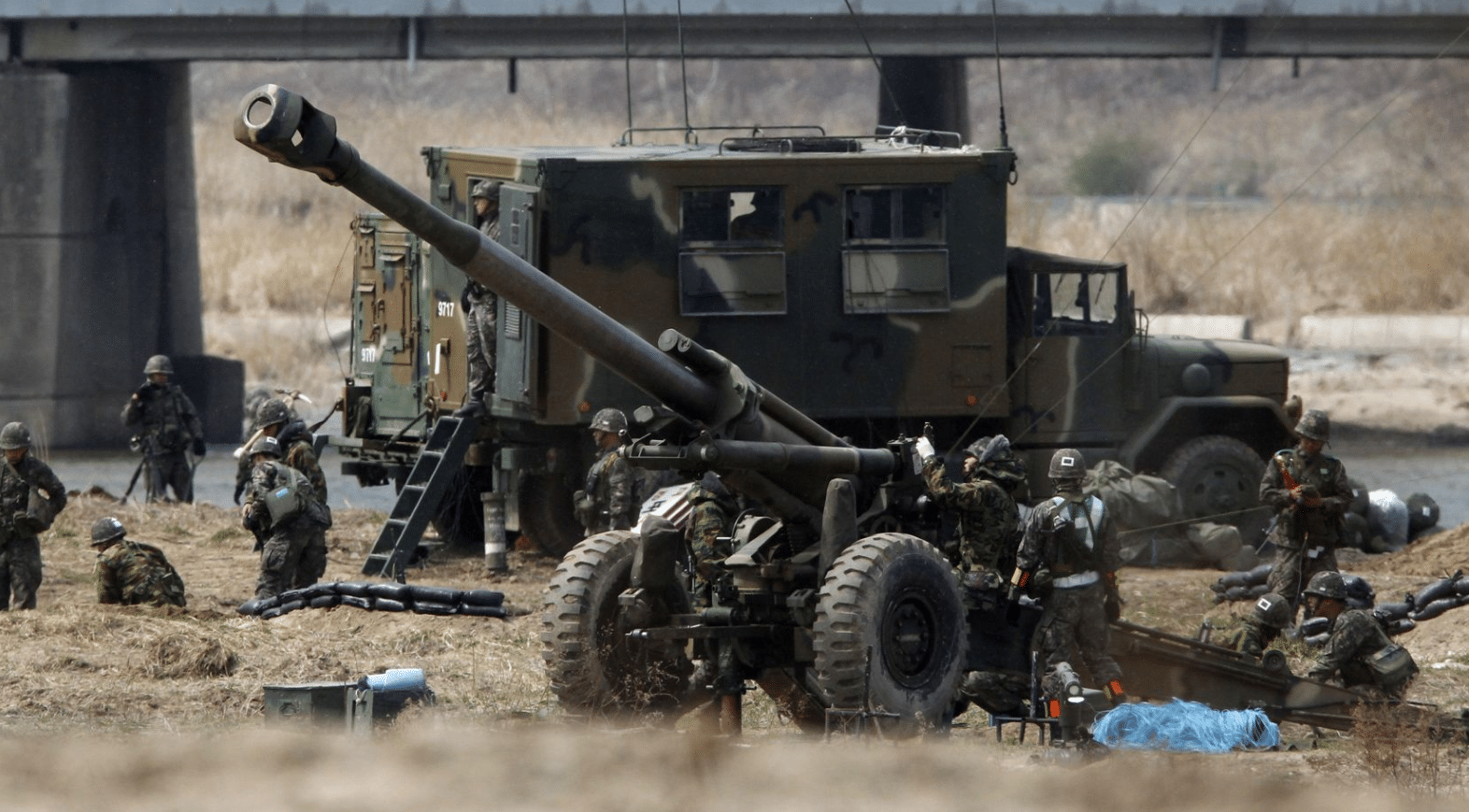2760Views 29Comments

Target date for TFX’s first flight still set at 2023
Speaking to reporters in London on November 28, Turkey’s defence minister, Nurettin Canikli, reiterated that the maintaining the TFX’s maiden flight date for 2023 is the “primary goal” of the government.
The Turkish Aerospace Industries (TAI) TFX is intended to be Turkey’s 5th-generation fighter replacement for the Turkish Air Force’s (TuAF) F-16s. In January, Turkey signed a £100 million-plus deal with the U.K. government that would see BAE Systems assist in the design and development process over four years.
For the TFX, the major objective for the Turkish Undersecretariat for Defence Industries (SSM) is to decide on the fighter’s turbofan engine program. Rolls-Royce is hoping to secure the contract.
The U.K. defence giant partnered with the private Turkish company Kale Group to jointly develop and produce an original turbofan engine platform for the TFX. The joint-venture, which was named TAEC Uçak Motor Sanayi AS, is co-owned by Kale Group (51%) and Rolls-Royce (49%).
However, in his statements to the media, Defence Minister Canikli stated that Turkey will not depend on one country for the TFX, stating, “When you work with a single company, or when you depend on a single country, you could face different problems in certain stages of the project.”
Rolls-Royce – along with BAE Systems – is operating in Turkey under the U.K. government’s ‘Open General Export License’, which, according to the Daily Sabah, facilitates “the transfer of materials, software and technology to be employed in the national fighter jet TF-X project.”
Notes & Comments:
Potential competing engine partners could include the EuroJet Turbo GmbH Consortium, General Electric and Pratt & Whitney. In 2015, Turkish electronics giant Aselsan signed a memorandum-of-understanding (MoU) with EuroJet to “explore potential opportunities for business collaboration on Engine Control Units, Health and Usage Monitoring System and software developments projects relating to the EJ200 engine program.” Although Aselsan highlighted the possibility of EuroJet participating in the TFX, it is unclear if either side will expand the partnership in that direction.



29 Comments
by Faisal
Considering Pakistan is buying 30 T-129 from Turkey for around 1.5 Billion, If each TFX jet costs 100 Million, can we not buy 16 for around 2 Billion on same terms? Pretty sure having 2 squadrons of stealth jets would be as important as having ground attack choppers. This could be 7-8 years down the road but till then we can have 120-150 JF-17 block 3, some 100+ block2. Remaining F-16s and 2 squadrons of TFX.
I personally think Pakistan should also add J-10 , along with JF-17s and completely retire F-7 and most of mirages.
by Joseph
I think 2 billion is more likely only able to buy about 10 ~ 12 TFX, assuming TFX costs about 100 million each. Su-35 costs about 50 million each, and Indonesia bought 11 for about 1.14 billion.
Either way fifth gen fighters are going to be expensive to have in large numbers.
by Sami Shahid
Pakistan would probably replace F-16 with JF-17 block 3 while it will buy TFX or develop its own stealth air craft. So there would be a stealth air craft with JF-17.
J-10 is a good air craft specially the latest block as it is equipped with AESA Radar & HMD/S system but maybe PAF is not interested in J-10. T-129 is very important for the security of our western border & anti armour missions on Eastern border.
by MT
Turksh hv practically no experience of developing a 4th gen fighter.
Simply relying on MNCs without developing advanced local r&d is gonna be fatal.
Turks would atleast require 15-20yrs to build 5th gen technology
by Jamil Khwaja
The Chinese are building a quantum sensor that could see America’s stealth jets. It’s reportedly under development at the Key Laboratory for Quantum Optics, Chinese Academy of Sciences in Shanghai, using “quantum ghost imaging” technology — an innovation which can see “not just the extremely small amount of light straying off a dim target, but also its interactions with other light in the surrounding environment to obtain more information than traditional methods,” the South China Morning Post reported this weekend.
One application: spotting “stealth bombers taking off at night, according to researchers.” The Chinese plan to “complete a prototype by 2020,” with “large-scale applications” expected by 2030. Details on how it is intended to work, here.
by kaster
Sorry for interruption but can you tell us something else except for repeating the same thing about not having enough r&d. You are always making the same predictions.This country will take these many years to develop this, that country will take these many years to develop this. I didn’t mean to offend you but that’s what you have been repeating again and again in all your comments.
by Mike
BS. Aselsan already developed some of the most advanced avionics so far and even developed the prototype of the TFX AESA radar and will develop its ng targeting pod. tübitak already have experience in stealth technology and TAI has gained much experience of the F35 Programm and is one of NATOs biggest composites suppliers and they supply the main fuselage of the F35 and its core electronics. And Roketsan/Tübitak already developed next gen weapon systems for the F35 and TFX like the SOM/SOM J, Gökdoğan,
Göktuğ, BOZDOĞAN and MERLIN missiles.
The only field turkey is unexperienced in is turbo Jet engine development, this is why they are cooperating with RR. “without developing advanced local r&d” also total BS.Come up with some actual prove, so far every statement (lie) of yours was debunked. Turkey is putting 20billion$ into this program and already developed or is developing many of its future systems.
The timeline for 2023 for the first prototype seems (more or less) reasonable to me.
by south block
Chinese are also building bases on moon & mars according to CPC but ground realities are quite different my friend , their recent purchase of S 400 to safeguard there eastern flank can tell you lot about chinese so called indeginous technology.
by Joseph
What works in a lab is quite different from what is working in the field. Also sometimes reporters make exaggerated claims because they don’t really understand the actual science. I would wait for a actual working prototype to get excited.
Currently the only stealth bomber is B2, Chinese researchers can get nowhere near it. Also F-22 and B2 carry RCS magnifiers when they fly during peace times so radar can see them to avoid collisions with civilian aircraft.
by Joseph
One of the fascinating things about Chinese military technology is that very little is known and there are plenty of unconfirmed rumors on internet (that is one of the reasons why it is so interesting). For example, things like how many VLS cells on type 055 destroyer is only confirmed last month, which is not even supposed to a secret, because once off the ship yard satellites could see it.
Anyway, claims about Chinese military technology development requires official sources or at least some reasonable evidence to be certain. “South China Morning Post” does not sound like an official source, I think at least in this case (a bold claim like this) more evidence is needed.
by Kannakeepkalm
Bilal whats are your views on Indian amca.They are also targeting mid2020 for prototypes.
by ahmria
I think Pakistan cannot afford to have multiple fighter jet types hence in the future I can see Pakistan operating 2 to 3 types max. The JF17 will be the low end and possibly the 5th generation Shenyang J31 the high end of the spectrum. The F16s will probably figure as part of the mix until they get phased out and replaced by the J31. The JF 17 is in the process of replacing the F7 and Mirages.
by Umar Farooq
for future Pakistan needs to add 150 to 250 jf 17 block 3…make similar agreement with china on 5th gen fighter as we did on jf 17 make cheaper 5th gen fighter as main platform and by 2030 to 2035 replace f16 with tfx …as it is also the f16 replacement for turkish f16
by Steve
Completely agree. It is a good chance to get into collaboration with an aim towards our stated goal of developing a 5th gen fighter. Furthermore commonality can be built quietly under the guise of assembling or TOT, with an eye on a future alliance. Needs a leader with sincerity, independent thought, and a vision, not this current lot of jokers. I think 2nd hand F-16’s are a good stopgap with the Turks upgrading them. If USA does not throw spoilers.
by Steve
Or second hand Mirage 2000-5 from Qatar. Heard they are only 9 in service which is not a viable option. Stopping F-16 instructors for Turkey was more to do with pressurising Erdogan for squishing coup conspirators rather than Pakistan. For an ally America and the West are acting pretty strange on Turkey. Almost as if they wanted the coup to succeed. A storms of lies about saving “true” democracy and “freedom” would have broken out. The coup would have been cosmetically condemned and then quietly endorsed like in Egypt. True democracy and freedom would have been crushed in Turkey, with the Western yoke restored.
by PewPew
The M2K-5 is a superb strike platform. It’s a shame the Pak Gov’t failed (by “virtue” of corruption and selfishness) to ink the PAF M2K-5 purchase in 1996. Even 24 aircraft at that time (which were costly, to be clear) could have been augmented by the 12 QEAF planes later on alongside another batch of new planes from 2000-2004.
by Steve
PAF history is full of cockups by incompetent politicians and brass. Like the fiasco you mention, cancelling F-16’s because of earthquake, not opting for a full price F-16 with negotiations last year, and agonising over J-10 for too long…
by Faisal
Cancelling full price F-16 deal was a good idea. Trump administration would have blocked the sale and we would again have our money stuck. You would be paying rent for those F-16s while they would be waiting for approval from Trump administration.
J-10 is gone for now but things can change.
by PewPew
I think Steve was referring to the F-16s in 2005. Pre-Earthquake the PAF was looking for 55-75 Block-52s OR 36 Block-52 plus 36 other fighters, either J-10 or M2K-5. I wouldn’t necessarily blame the gov’t (Musharraf) and PAF for transferring the funds for rebuilding, the indictment rests in being unable to maintain the GDP growth of that period. Thank PPP and Zardari.
by TZK
Hazards of dealing with USA. A typical military order will take several years to complete and in between you could have changes in Administrations so chances of order being blocked are greater than if you were dealing with PRC, Russia or even France. Do not forget there is a very strong anti-Pak lobby in USA thanks to supporters of two nations who shall remain nameless.
by TZK
I understand that Pak treasury set aside emergency fund for dealing with such disasters but any fund set aside would probably have been inadequate for the magnitude of the disaster. Considering Pak and most other Muslim countries lie on earthquake zones there is very little emergency planning or even building standards to reduce the impact of an earthquake. Whenever I say this I am met with the inevitable reply that everything is in the almighty’s hands and there is very little to be done.
by TZK
A superior system comes on the market. They buy, reverse engineer and maybe improve it too. Why reinvent the wheel!
by Joseph
I agree. China seems only buying these equipment in small numbers, both S400 and Su-35, most likely to study the technology.
We will probably see in a couple of years of new Chinese Flanker variants and new SAM look quite similar to Su-35 and S400 with probably better avionics and sensors.
by Steve
The Almighty is not going to come personally and do your emergency planning for you lol! This sort of upside down thinking should be discouraged. It’s not religion only an excuse for incompetence and stupidity, like not enforcing traffic regulations and then saying that the thousands killed on the roads were God’s will.
by Steve
China’s rapid progress in defence technology is inevitable. India’s not so…as too many technological, institutional, regulatory, political, legal, and cultural constraints, that I’m not wanting to spell out.
by south block
LOL your prejudice against India is given as you hail from a country with industrial capability of stiching underwears only & as for China they enjoy no technological edge over us in most Field’s & where they do we are catching up. China is not even close to matching Russia from where most of chinese technology come from & delusional kid like you think they will somehow going to match west LMAO.
by south block
more to do with money than reverse engineering… Their buying power make sure they get the technical know how.
by Abdul Basit Iqbal
I am an avid reader of all posts by Mr Bilal Khan. And I respect that all discussions here are very valid and ppl here don’t BOAST, nor this is an advertisement platform for India, nor u have to prove China weaker here… But please don’t make this platform a place for entertainment, CHINA ENJOY NO TECHNOLOGICAL EDGE OVER US (INDIA)… Please let this forum remain a forum to discuss… No false boasting
by Joseph
China’s GDP is about 5 times of India and it’s defense budget is about 4 times more and also a large part of India’s defense budget is spent on importing western hardware instead of indigenous development.
China, due to western arms embargo, has to domestically develop and produce almost all of it’s military equipment.
China used to have a “buy before build” attitude, without arms embargo China probably would end up buying a lot of western hardware as well, such as black hawk helicopters, probably would not have as much indigenous research and development as of now. Thanks to arms embargo China now has just about the most comprehensive domestic defense industries. Talking about embargo back firing.
China at currently economic development speed would probably overtake US as the largest economy in about 10 to 15 years. It’s defense industry would rise accordingly.
China’s defense industry is probably going to come up with a lot of interesting things in near future. An exciting space to watch for military enthusiasts.